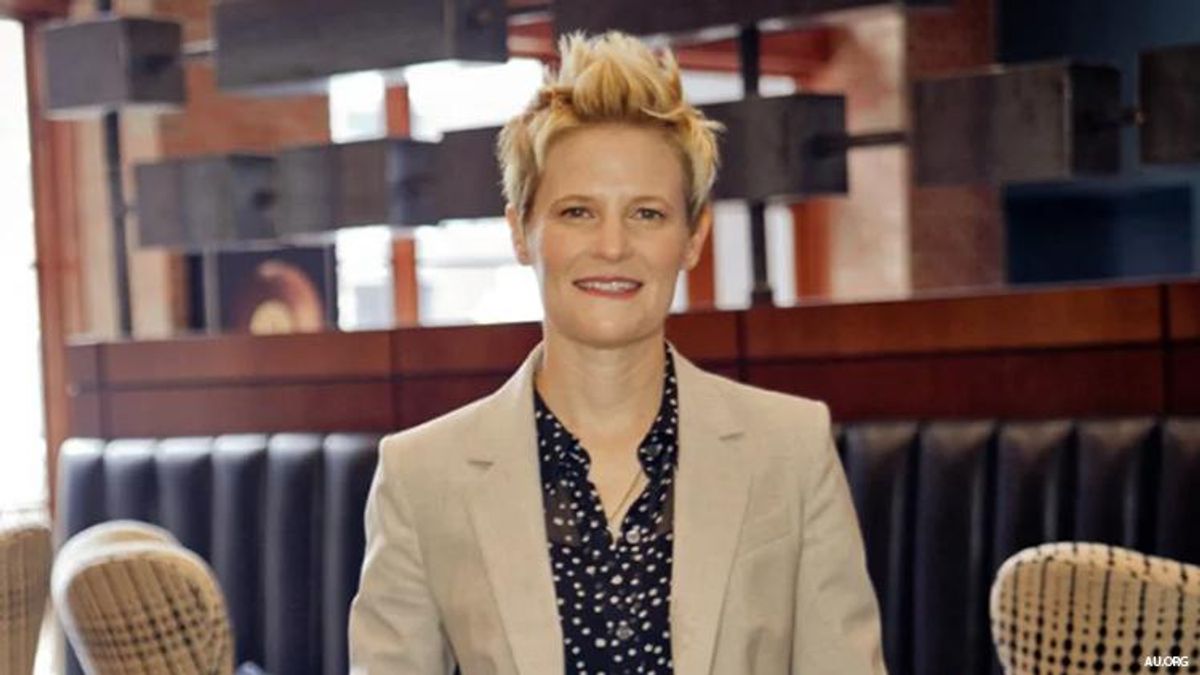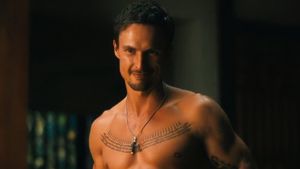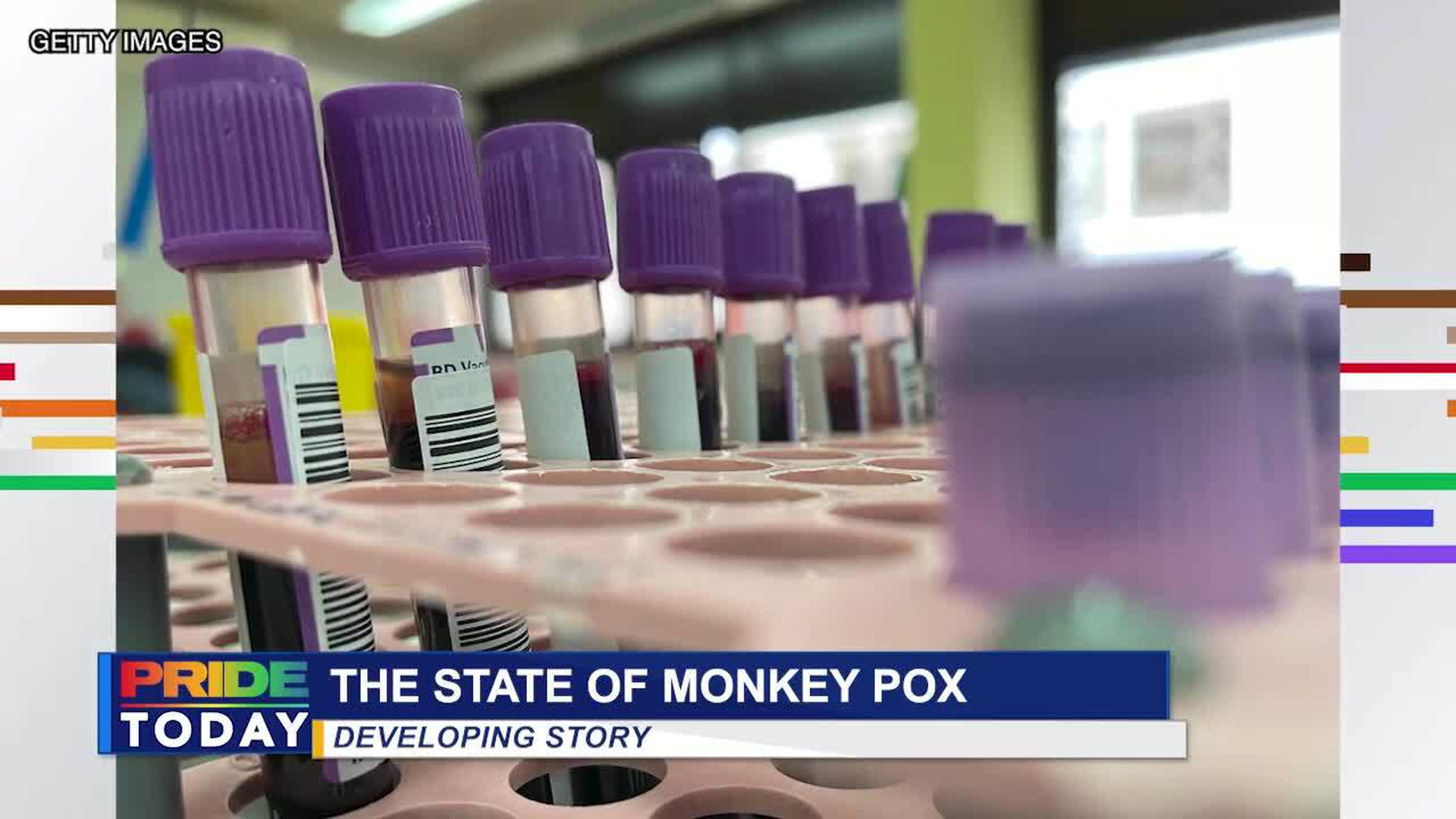In light of the U.S. Conference of Catholic Bishops (USCCB) letting a lawsuit alleging discrimination go unchallenged, an unmarried lesbian will be able to foster children. However, the move by the USCCB raises questions about whether the organization will permit single LGBTQ+ adults to foster through Catholic organizations while still discriminating against same-sex couples.
In 2020, Kelly Easter expressed interest in becoming a foster parent to a refugee child through a federal program. Her inquiry to the U.S. Office of Refugee Resettlement was forwarded to Bethany Christian Services, the only agency handling the program in her area. Bethany turned her down because she is a lesbian, citing its policy against placing children with LGBTQ+ people.
She complained about the discrimination and asked if there might be an exception because the program is federally funded, but Bethany officials said they were bound by the policy of the USCCB, for which it is a subcontractor. She also contacted the Office of Refugee Resettlement, where staffers said they would look into the matter.
Bethany announced this year that it was lifting its discriminatory policy, and Easter made inquiries again. After some back-and-forth, she was told that the Bethany office most convenient to her home would still not allow her to foster a child because of the contract with the bishops' conference. Bethany officials referred her to another location that is not connected with the Catholic group, but that did not work out for her because the necessary travel was incompatible with her work schedule as a real estate agent. So she filed the suit.
The Washington Post obtained a letter from the USCCB that described the dispute as a misunderstanding and said queer people are not prohibited from fostering.
Easter dropped her lawsuit last month, according to Baptist News Global.
Last year, the Supreme Court ruled that Catholic Social Services in Philadelphia could refuse to work with same-sex couples, raising the question of whether Catholic foster-care organizations may decline to partner with LGBTQ+ people.
Whether Easter is still able to foster after she gets married depends on whether the USCCB reverses its opposition to same-sex couples fostering children, according to the Post.
"There is this unanswered question: So if she gets married, are you going to turn around and take the child away and stop working with her?" Kenneth Upton, an attorney with Americans United for Separation of Church and State, which represents Easter told the paper. "I don't know what the USCCB's answer would be to that."
As far as the bishops' conference is concerned, church teachings do not preclude placing children with single adults regardless of their sexual orientation.
"That is neither a 'change' in the USCCB's position nor a change in Church teaching," wrote Chieko Noguchi, a spokeswoman for the bishops' conference, in a statement to the Post.
The case has been dismissed without prejudice, which means Easter's attorneys can resubmit it if circumstances change. Easter plans to foster with Bethany, her lawyer added.
"This is something she's been wanting to do for a couple of years, so it was a journey for her to get here, and she's just thrilled to be either through or almost through the process," Upton said. "It's easy to forget the individual stories when you start talking about the impact more broadly."
Another lawsuit against USCCB's stance on LGBTQ+ couples fostering children is still ongoing. A married couple who are Texas A&M University professors, Fatma Marouf and Bryn Esplin, are suing after they were informed by Catholic Charities of Fort Worth, an affiliate of the USCCB, that their family did not "mirror the Holy Family," so they could not foster children.
The Post notes that suit might shed light on whether the conference would allow same-sex couples to foster.
Follow More Advocate News on Pride Today Below



















































































